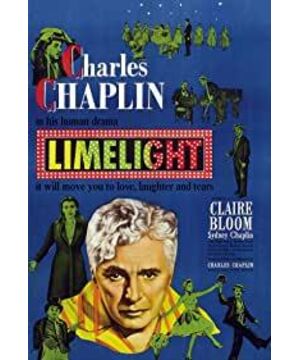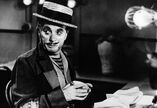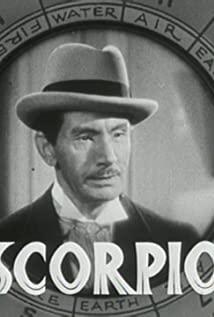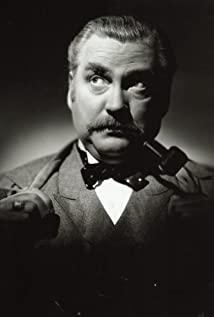The 1950s were no longer Chaplin's time. Although they were called artists by later generations, they did not enjoy this treatment when they were alive, especially in their later years.
I'm just referring to art, which is reputation.
Being an artist can't be both money and fame, especially Chaplin, who was already in the Hall of Fame when he was young, can't be too greedy.
But who can helplessly watch the familiar stage no longer belong to him.
Front-stage art can make huge profits, but it also comes with huge costs. If Chaplin can really think about it, his later years may be quite comfortable, at least there is no need to worry about money. It seems that the core of the show has not changed. Whether the performers are on stage or on the screen, they still delight the audience.
I don't really agree that Chaplin inherited Griffith's dream. Chaplin is a filmmaker who spanned the three eras of silent film, sound film and color film. He may be the only person in the history of the world who can have this honor. one person.
Perhaps only he can carry the banner of comedy and use his works to teach future audiences what comedy is.
And that's the whole social significance of a master dramatist.
In the spring and autumn of this stage, Chaplin jumped out to interpret the later years of a stage artist, and even boldly predicted that he might die on the stage, which is a great honor for a stage actor.
It's a pity that God didn't work so hard for his child, so he made him a little more respectable and legendary. On Christmas morning, Santa Claus got bored after delivering gifts, so he invited Chaplin to perform at his house by the way.
Maybe it's because we have a good time with Santa Claus, because we all believe he's getting old and forgetting the time.
Each of Chaplin's films has its unique stage performance and artistic achievements. Take this stage spring and autumn as an example, the stage of training fleas on the stage is definitely a classic performance track of the stage play. And of course the last time he and Keaton played together. It can definitely be called the long-lived series of that era.
If the audience had not been told in advance, a single bottle would be enough to win the standing applause of the audience by the joint performance of the two masters.
Of course, there are also large-scale stage plays with the heroine as the protagonist.
Not to mention Chaplin's impromptu solo, the Oscars gave him the best score, but that was 20 years later.
Then talk about the history that everyone ignores, Chaplin's film, including many before, was banned by the US authorities. This is also an important reason why, although he is a master drama master, there are not many works. In fact, including political persecution, most of Chaplin's actor's life has been spent in a half-hidden life.
As a normal person, Chaplin could live a normal life, but his movements were monitored, and in extreme cases, cinemas showing Chaplin's films were even banned. It wasn't until the 1970s that things got a little better.
But it's not banned all the time, so Chaplin still did a lot to explore and cultivate the art of comedy during the time when he couldn't make movies. These can all be shown in the work. Chaplin even explored the realm of three generations of filmmakers in an age before box-office miracles and data-induced scrutiny.
View more about Limelight reviews











